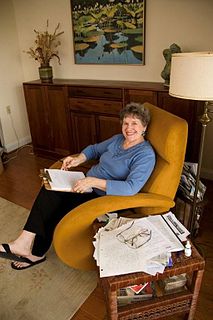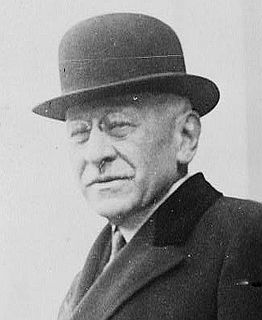A Quote by Robyn
The way I figured it, keeping quiet was safe. Words could betray you if you chose the wrong ones, or mean less if you used too many. Jokes could be grandly miscalculated, or stories deemed boring, and I'd learned early on that my sense of humor and ideas about what sorts of things were fascinating didn't exactly overlap with my friends.
Related Quotes
When I was a kid, a lot of my parents' friends were in the music business. In the late '60s and early '70s - all the way through the '70s, actually - a lot of the bands that were around had kids at a very young age. So they were all working on that concept way early on. And I figured if they can do it, I could do it, too.
It daunted me that you were so beautiful, that you were so at ease in social situations, as if every room was heliotropic, with you at the center. And I guess it daunted you that I had so many more friends than you, that I could put my words together like this, on paper, and could sometimes conjure a certain sense out of things. The key is to never recognize these imbalances. To not let the dauntingness daunt us.
I used to think that when I grew up there wouldn't be so many rules. Back in elementary school there were rules about what entrance you used in the morning, what door you used going home, when you could talk in the library, how many paper towels you could use in the rest room, and how many drinks of water you could get during recess. And there was always somebody watching to make sure. What I'm finding out about growing older is that there are just as many rules about lots of things, but there's nobody watching.
I have this theory about words. There's a thousand ways to say "Pass the salt". It could mean, you know, "Can I have some salt?" or it could mean, "I love you.". It could mean, "I'm very annoyed with you". Really, the list could go on and on. Words are little bombs, and they have a lot of energy inside them.
It's impossible to say a thing exactly the way it was, because of what you say can never be exact, you always have to leave something out, there are too many parts, sides, crosscurrents, nuances; too many gestures, which could mean this or that, too many shapes which can never be fully described, too many flavors, in the air or on the tongue, half-colors, too many.
The Facebook algorithm designers chose to let us see what our friends are talking about. They chose to show us, in some sense, more of the same. And that is the design decision that they could have decided differently. They could have said, "We're going to show you stuff that you've probably never seen before." I think they probably optimized their algorithm to make the most amount of money, and that probably meant showing people stuff that they already sort of agreed with, or were more likely to agree with.
I figured if I could put together being funny about stuff and actual events, maybe I could do something that wasn't being done much. Because the reporters that I met out there were funny, and they had hilarious stories that just didn't fit in the AP/UPI/New York Times foreign-correspondent style. They couldn't use the things they had. But I could.
I thought I could capture the stories of the city on paper. I thought I could write about the horrors of the city. Horror stories you see. I tell you I didn't have to look far for material. Everywhere I looked, there were stories hidden there in the dark corners. . . . I wrote and still there were more. . . . No one would publish them. 'Too horrible,' they said. 'Sick mind,' they said. I thought I could write about the horrors of the city but the horror is too big and it goes on forever.
There were many words that you could not stand to hear and finally only the names of places had dignity. Certain numbers were the same way and certain dates and these with the names of the places were all you could say and have them mean anything. Abstract words such as glory, honor, courage, or hallow were obscene beside the concrete names of villages, the numbers of roads, the names of rivers, the numbers of regiments and the dates.



































